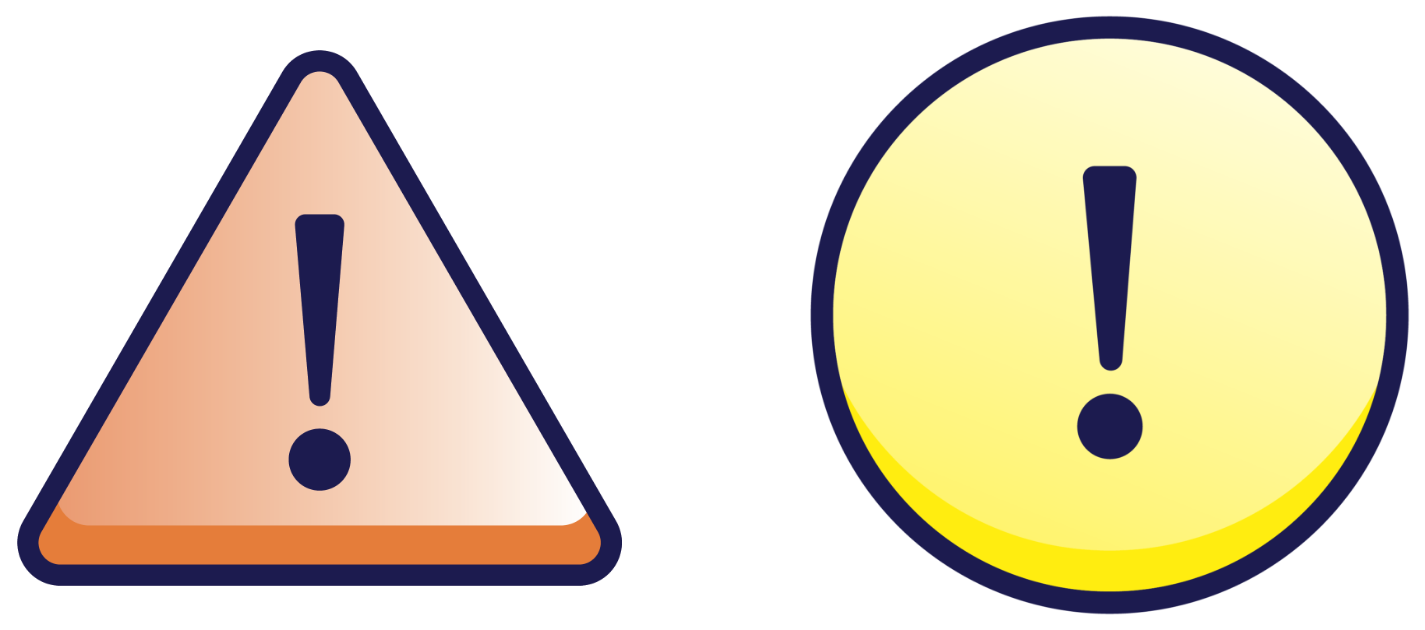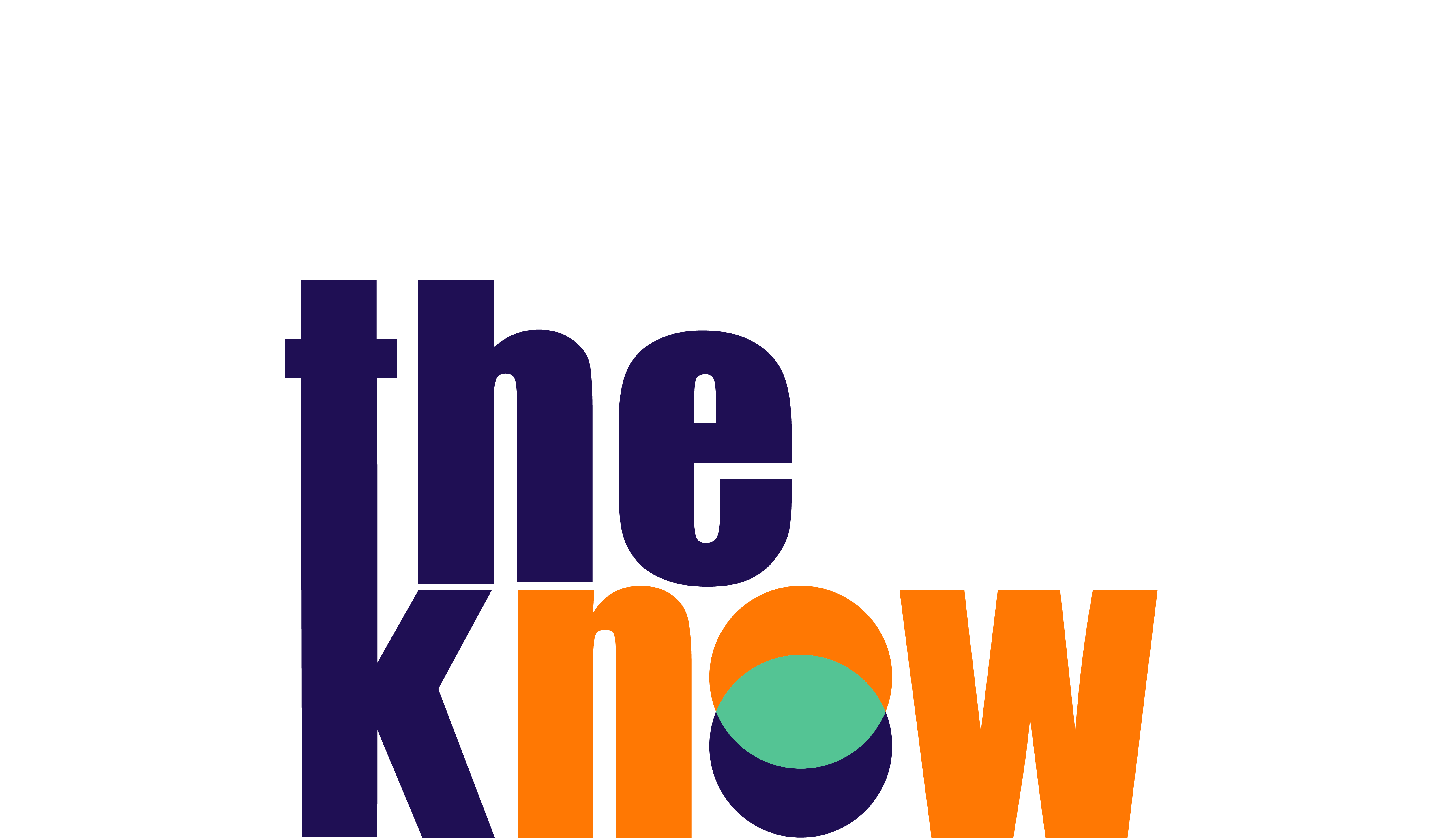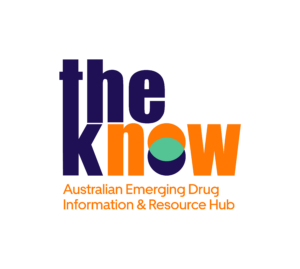Methylmethaqualone found in ‘methaqualone’ sample
A clear capsule containing white powder expected to contain methaqualone (MQ), was found to contain methylmethaqualone (MMQ).
What does this mean? MQ and MMQ are both quinazolone sedative hypnotics. MMQ is an analogue of the more common MQ. There are no legitimate pharmaceutical products in the Australian market that contain either MQ or MMQ, and there is limited information available on MMQ compared to MQ. However, there are indicators that suggest MMQ is more potent and that the risk of overdose is greater than with MQ.
Effects? Quinazolones are central nervous system depressants that can have a range of effects, including relaxation, sedation, impaired motor function, slowed reflexes, and memory impairment. They can cause respiratory depression, unconsciousness, airway obstruction, all of which can lead to death. There is a narrow dose range that increases risk of unintentional overdose.
Use with other depressant drugs (like alcohol, opioids, benzos, GHB, etc.) increases the risk of overdose. Quinazolones have a high potential for dependence and withdrawal symptoms.
Reducing the harm
Test your stuff! While what was expected (MQ) and what was detected (MMQ) are similar, they are still different, and MMQ is associated with a greater risk of harm. This capsule was acquired through a non-regulated website and there are always risks associated with purchasing from unregulated markets. In general, genuine pharmaceuticals are only dispensed from pharmacies and cannot be purchased online. This sample was not presumed to be a legitimate pharmaceutical product at presentation. There are no legitimate pharmaceutical products on the Australian market containing either MMQ or MQ.
Start low, go slow. Never use alone – get a trusted person to check on you. Experiencing delayed, adverse or unexpected effects? Don’t take more.
Carry Naloxone. Naloxone does not reverse a quinazolone overdose, only opioid overdoses, but it will not cause any harm to use naloxone if opioid overdose is suspected.
Be alert for signs of an overdose – knowing that the signs can vary depending on the type of overdose being experienced. Think someone has overdosed? Call 000 for an ambulance immediately.



